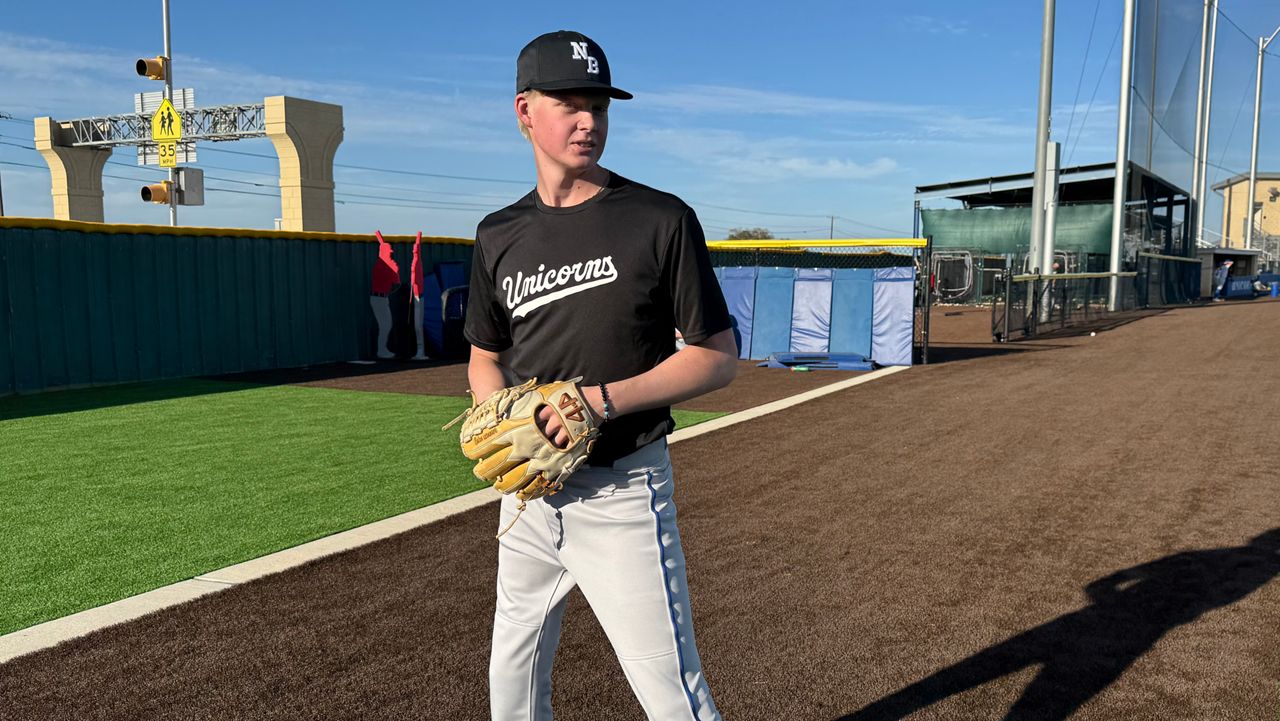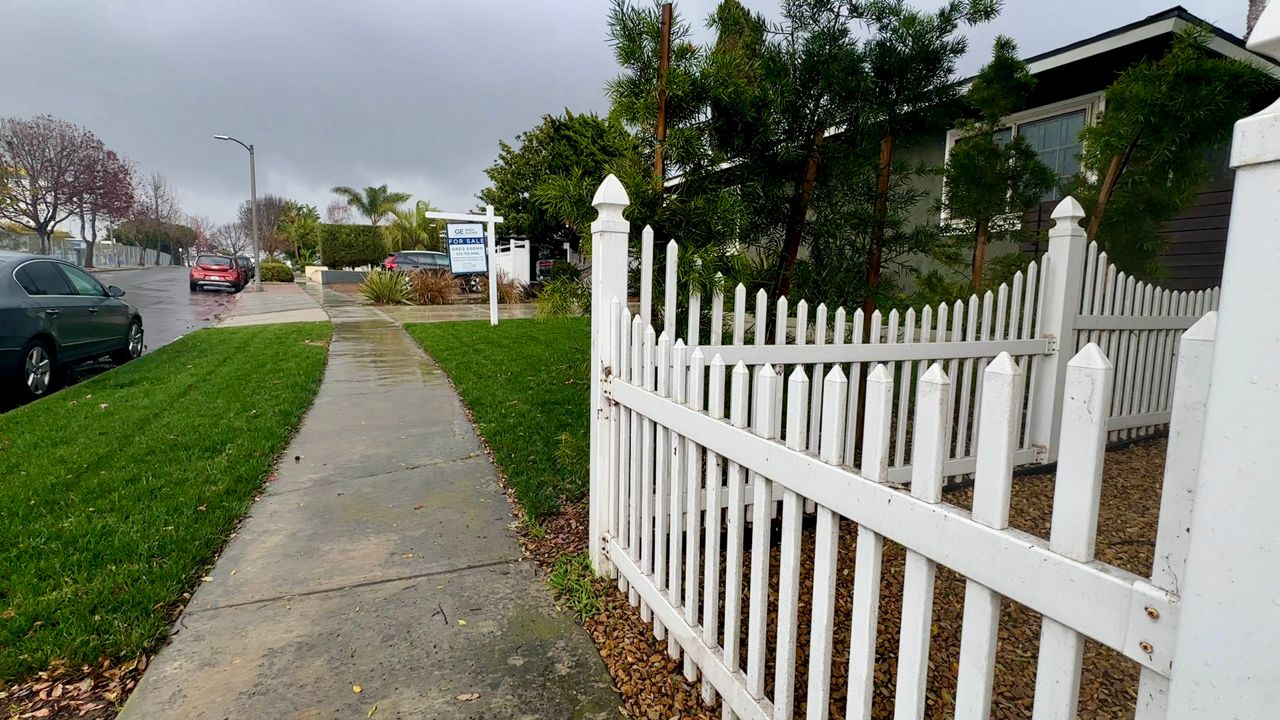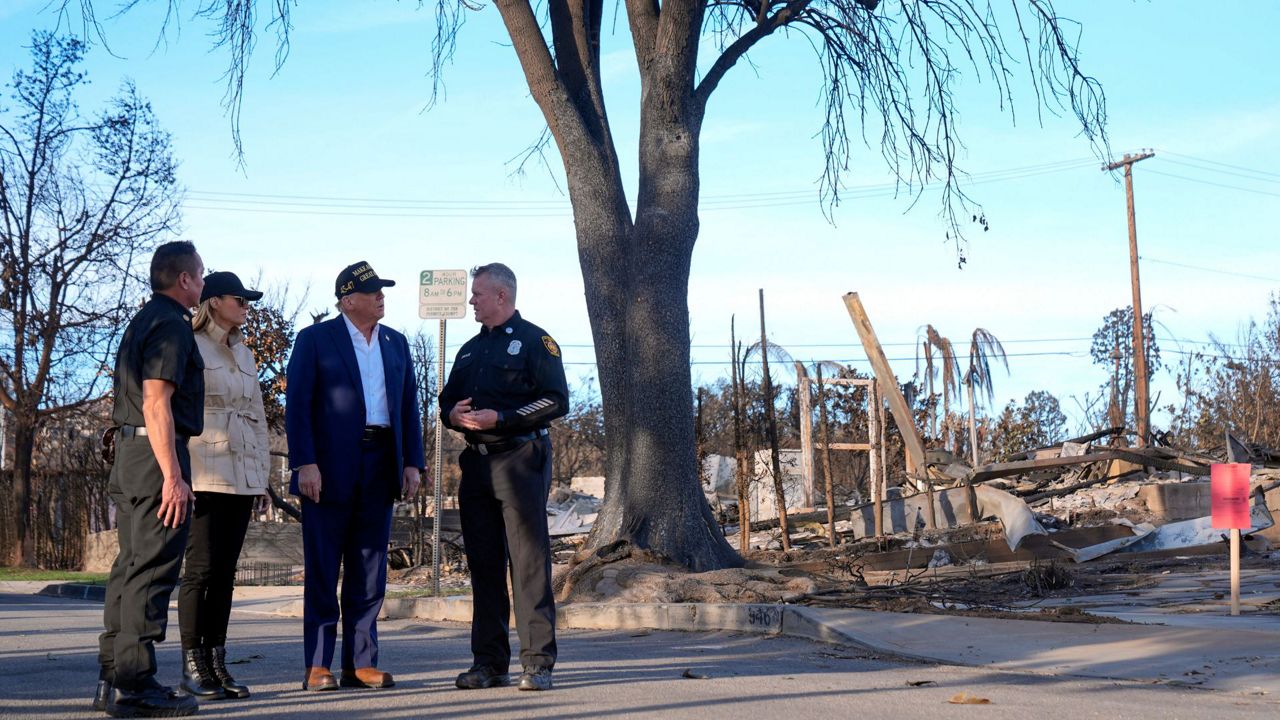SAN ANTONIO — Alejandro Johnson makes a point of having history conversations with his students each day.
“Sometimes we are proud of it. We find pride and beauty, and sometimes... we feel resentment,” Johnson said to his students during class.
Johnson teaches Mexican American Studies (MAS) at San Antonio ISD’s Jefferson High School.
He wishes MAS was a course available when he was younger.
“That is the point of Mexican American Studies is to question how you feel about these things because these feelings exist,” Johnson said.
After a long fight led by community members and educators, the Texas State School Board of Education recognized MAS as a course in 2018.
According to the MAS Teacher’s Academy, 11,901 Texas high school students are taking Mexican American Studies.
“To go multi campus, multi district, multi level all the way up to university and elementary school,” Johnson said. “It’s rare and I’ve never seen anything like it.”
The inaugural MAS Youth Conference in San Antonio, held at the University of Texas — San Antonio, attracted over 450 middle and high school students, showing a surge of interest in Mexican American Studies. Students interacted with professors, fellow students and industry leaders to explore career paths in the field.
Lisa Dominguez, a MAS student, found validation in being surrounded by others interested in MAS.
“I think it’s just relating to other students. Knowing I’m not alone, having people to talk to, that’s what comforts me,” Lisa said.
While MAS often faces funding and support challenges, teachers like Lesley Rivera find ways to meet the demand.
Rivera is a teacher at Harlandale ISD’s Terrell Wells middle school, where she also runs a MAS club after school.
“The kids are interested, and they want to know their history, so to know there is interest. That kids are taking MAS classes across the board,” Rivera said. “That’s the thing that’s getting me excited.”
Grant funding allows UTSA to host the Mexican American Youth conference, even though state laws prohibit DEI training programs.
Lucero Saldaña believes the conference will contribute to a stronger educational pipeline.
“I have a student who was actually one of my middle school babies and he’s now in my MAS class,” Saldaña said.
Alejandro claims conferences like this are typically for grown-ups and those in professional fields.
“It is so rare when students have the voice, and the choice, and the agency to go and expand their education,” Johnson said.












